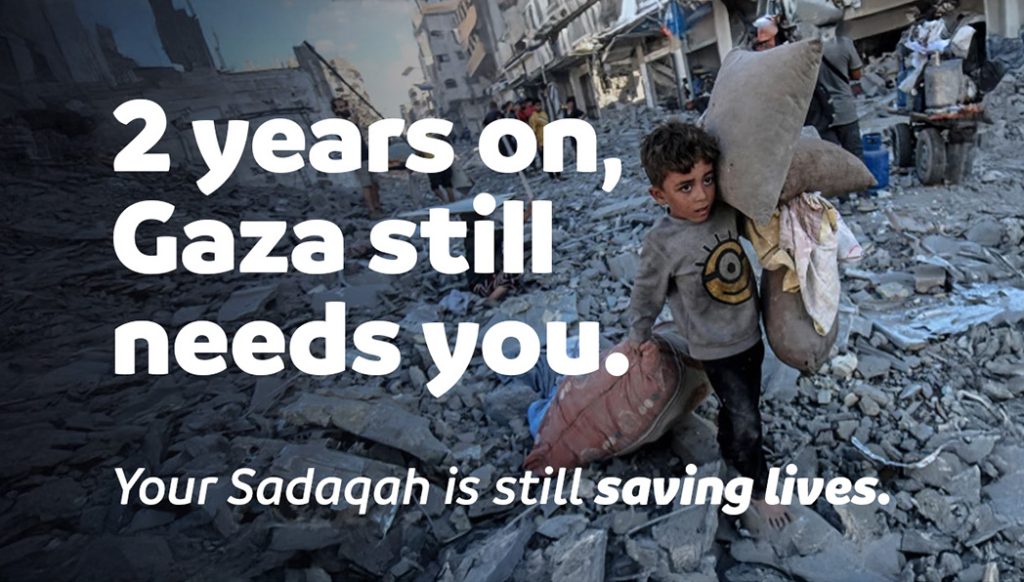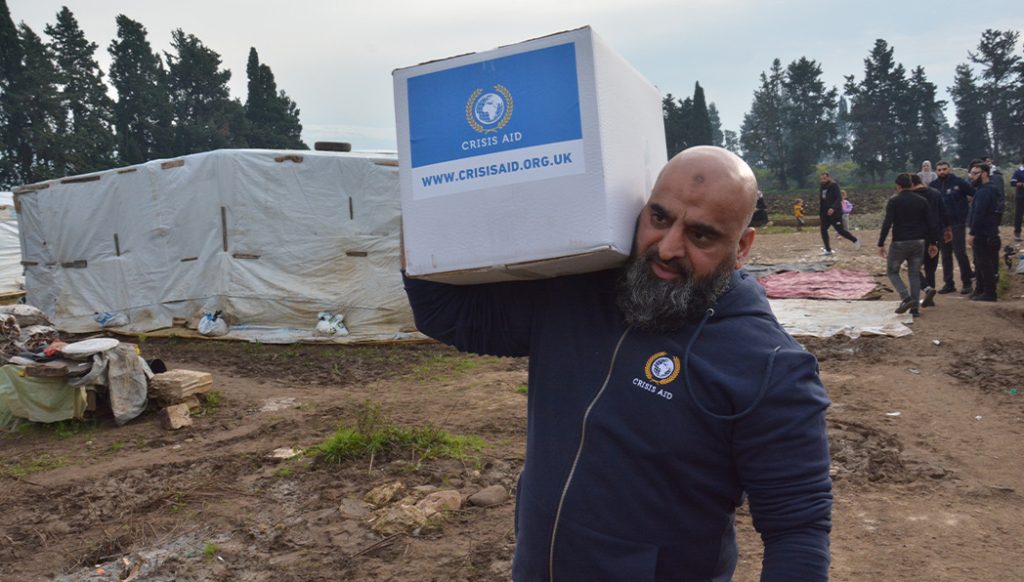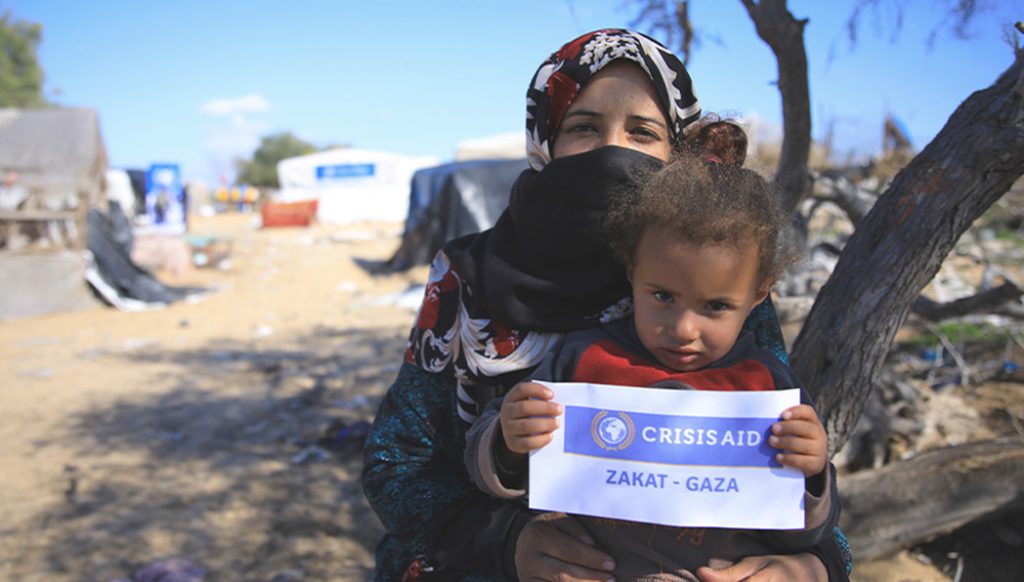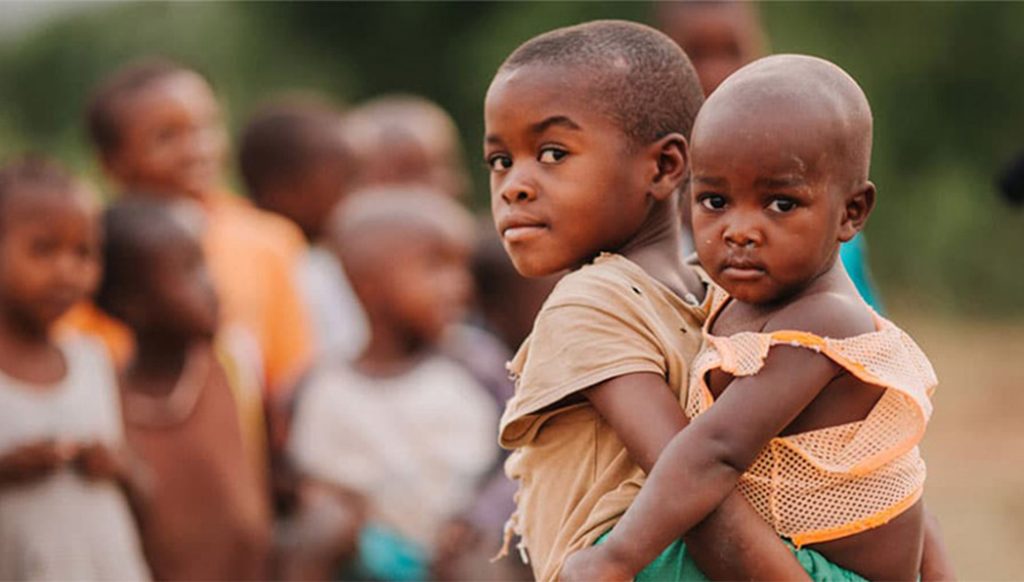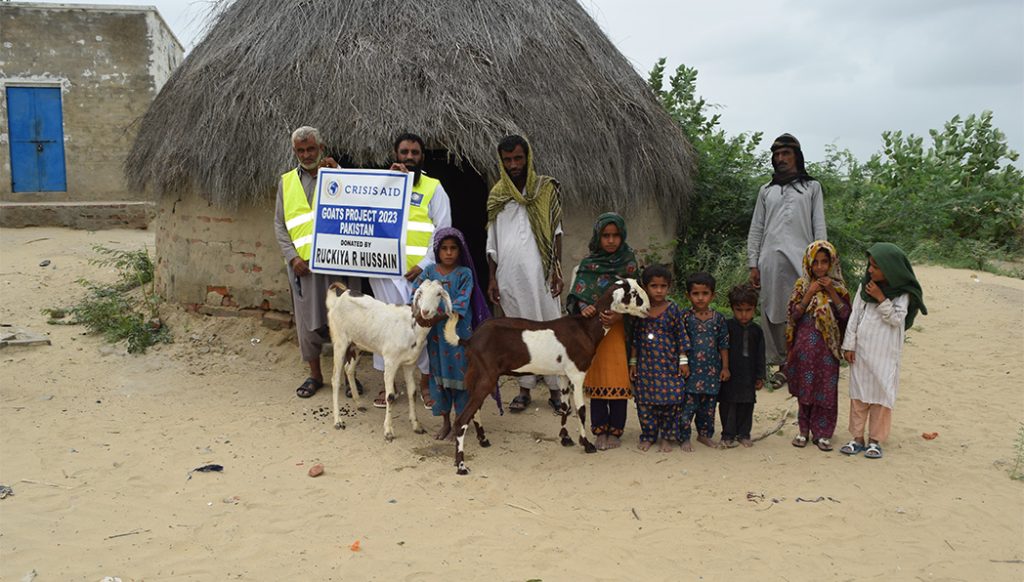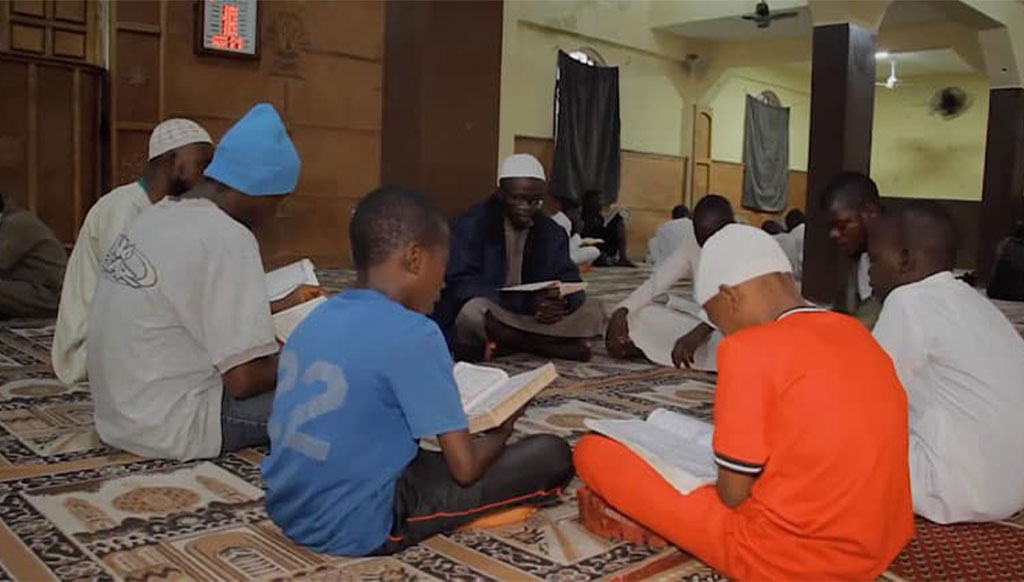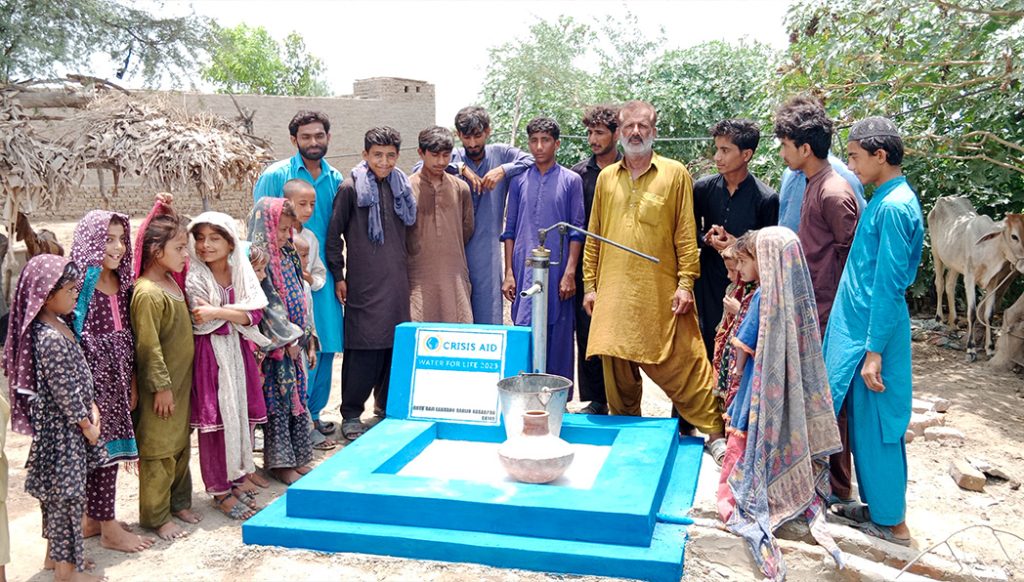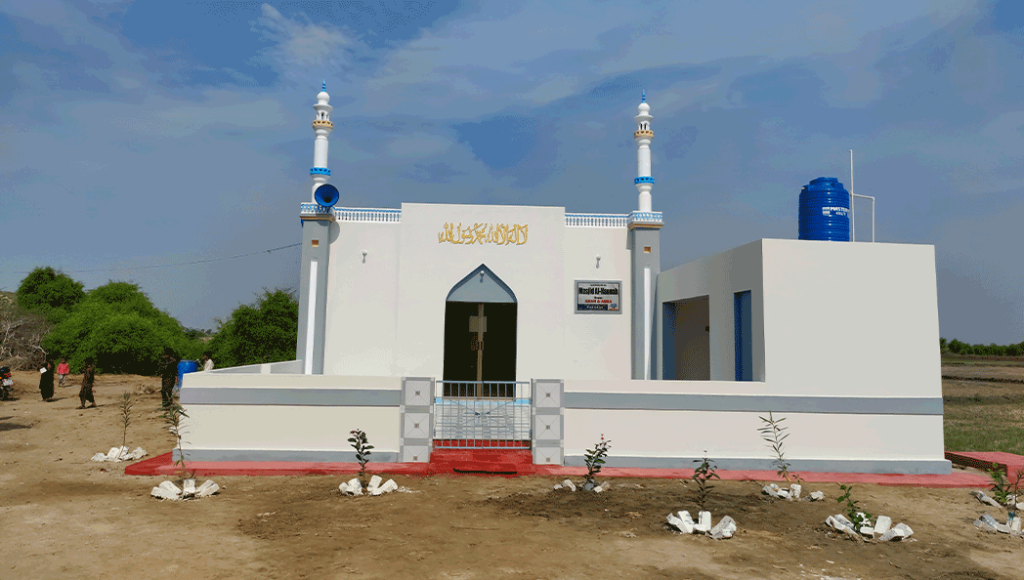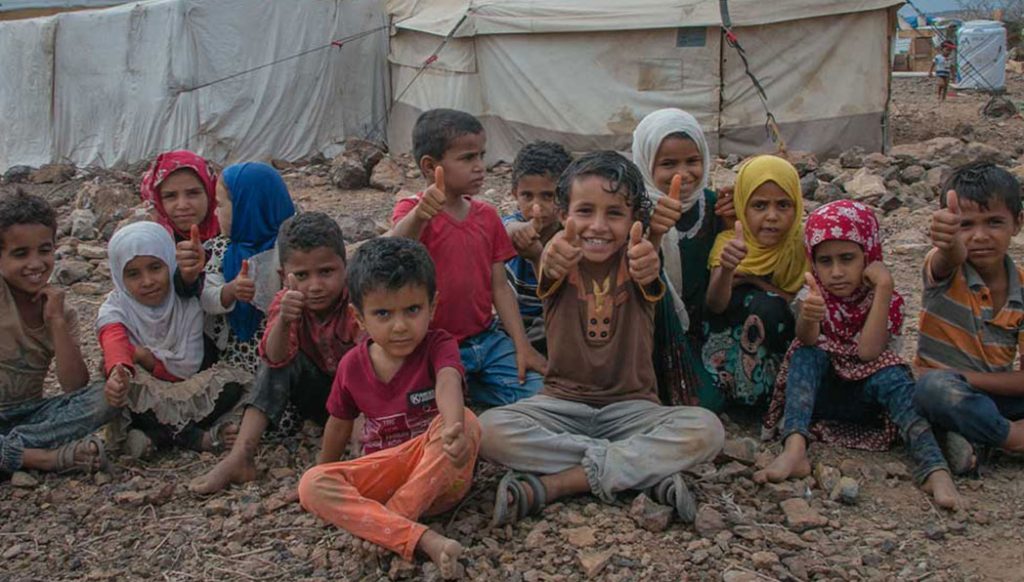Qurbani Rules
Understand the key Qurbani rules to perform your Eid sacrifice properly. Follow Islamic requirements to ensure your Qurbani is valid and accepted.
What Are the Main Rules of Qurbani?
Qurbani, also known as Udhiya, is a sacred act of worship in Islam with clear guidelines to ensure it is performed correctly and accepted by Allah. It is an obligation for every adult Muslim who is financially able and meets the nisab (minimum wealth threshold). This applies to both men and women.
The sacrifice must take place after the Eid prayer on the 10th day of Dhul Hijjah and can be carried out until sunset on the 12th or 13th day, depending on your school of thought. It is important that the sacrifice is not performed before the Eid prayer, as it will not be valid.
Permissible animals include sheep, goats, cows, and camels. Each animal must be of sound health and the appropriate age: sheep and goats should be at least one year old, while cows must be at least two, and camels five. Animals that are blind, sick, severely lame, or extremely underweight are not suitable for sacrifice. The chosen animal should be healthy, free from defects, and well-cared for.
The slaughter must be carried out by a sane adult who is either a Muslim, Jew, or Christian. It should be done using a sharp knife to swiftly cut the throat, windpipe, and blood vessels in a single motion—ensuring the process is humane and respectful. Throughout, the name of Allah should be mentioned, and the intention (niyyah) must be clear—that the sacrifice is being offered sincerely for the sake of Allah in observance of Eid al-Adha.
Traditionally, the meat is divided into three parts: one third for the person performing the Qurbani and their family, one third for relatives and friends, and one third for those in need. This sharing fosters community, gratitude, and compassion—core values of the Eid spirit.
By understanding and honouring these guidelines, we not only fulfil a sacred duty but also ensure our Qurbani is meaningful, accepted, and impactful.
Gaza Emergency Appeal
Food For Life
Zakat
Sadaqah Jariyah
Quran Memorisation
How Crisis Aid Ensures Your Qurbani Meets All Islamic Rules
Crisis Aid is committed to ensuring your Qurbani is performed in full accordance with Islamic rules and traditions. Every step of the process is handled with care, professionalism, and reverence—so you can fulfil this sacred duty with complete peace of mind.
All sacrifices are carried out by qualified professionals who strictly follow Shariah guidelines. We carefully select animals that meet all religious requirements—healthy, free from defects, and of the proper age. Each sacrifice is performed during the correct days of Dhul Hijjah, never before, ensuring your Qurbani is valid and accepted.
We also prioritise the ethical treatment of every animal. From start to finish, they are handled gently and slaughtered humanely, in line with Islamic principles of mercy and respect.
Once the sacrifice is complete, the meat is distributed fairly and transparently to families in need. Your Qurbani reaches vulnerable communities across the UK, Pakistan, Gaza, Yemen, Sudan, and other regions—bringing relief, joy, and nourishment during Eid.
To keep you connected to your giving, Crisis Aid provides regular updates, including confirmation and impact reports, so you can see the real difference your sacrifice is making.
By choosing Crisis Aid, you’re not only fulfilling your religious obligation—you’re bringing hope, dignity, and blessings to those who need it most. Your Qurbani is in safe, trusted hands.
